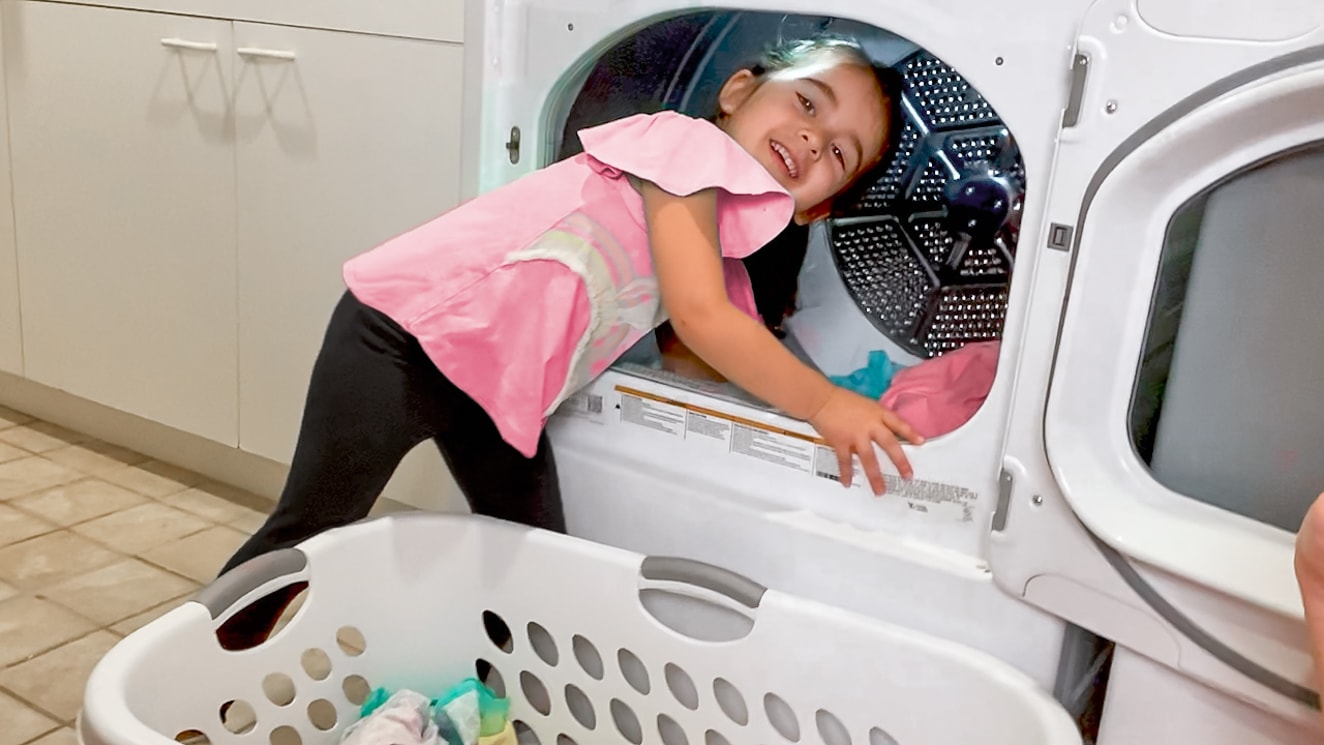

About a year ago, my little crew of four started doing family meetings. We did it because my husband and I noticed that things were feeling out of control. My kids (ages five and seven at the time) were fighting constantly, no one was listening to a thing I said, and, overall, our home just felt tense. It’s kind of like when your technology devices start acting all wacky and just need a reboot? I figured a family meeting was worth a shot for our own “re-setting.”
So, after dinner one night I grabbed a notebook and a pencil and announced “It’s family meeting time!” We gathered in the family room, where everyone got comfy on the couch and chairs. Our topic that night (and several nights after) was about respect. I started things off. What makes you feel respected? I asked. What makes you feel disrespected? We went around in a circle and everyone had a chance to talk. Though at first my son refused to talk, he eventually wanted a turn after seeing that everyone was actually listening. At the end of the meeting, I recapped some of the things we’d talked about, and, most importantly, people seemed to feel that they’d been heard. It was a start.
Since then, we’ve been having regular family meetings, though life tends to get in the way and they only tend to happen every couple weeks. In between meetings, whenever things go awry — which they inevitably do — it does actually help to remind ourselves and each other of what we discussed at our meetings. If one of my kids starts whining about wanting more iPad time, I’ll say, “Remember, this is what we all decided was fair at our last meeting.” Then the lightbulb goes off and they have an easier time complying.
Our household tends to use family meetings as a cleanup tool for after shit hits the fan in some way. But I think planning a regular weekly meeting would be best so that the time is carved out whether or not there’s a specific “problem” to address. Ideally, the meeting should just be there as a time to check in and get on the same page. We like to do ours after dinner so that we aren’t rushed. Recent topics have varied, from planning a new bedtime routine to fixing our dinnertime woes.
Since the pandemic started, our meetings have felt more necessary than ever, since with all the intense togetherness, it’s inevitable that we end up off-course; each week that goes by, it seems as though we have another bullet to dodge. I’m still learning through trial and error — but in the meantime I’ll share a few tips with anyone interested in starting their own family meeting ritual.
Everyone Gets Air Time
Each member of the family (regardless of age) should have an opportunity to add to the conversation — without interruptions. At the same time, it shouldn’t be mandatory to participate. In my family, there have been times people want to talk (a lot) during our meeting and other times people choose not to talk at all. And that’s okay. We haven’t needed to set up a talking time-limit, but sometimes we do have to encourage the little one to wrap it up. I’ve heard of families passing around a “talking object” — maybe a light saber or something– which the speaker holds and then passes along to the next speaker; the person holding said object holds the floor.
Choose a time of day that sets you up for success.
Be sure to set a realistic time for meetings so that people aren’t rushed, distracted or hangry. For us, after dinner works well, whether during the week or weekend. Usually by this time, all of the homework and extracurriculars are done for the day so there’s nothing left to pull our attention away. If bedtime stretches a tad late, so be it; we’ve always found that our meetings were worth a little less shuteye.
Have a (truly) open mind.
What’s important for your kids may not seem important to you at the time, but it’s vital to listen to their ideas and concerns—even if the 5-year-old believes she should be able to eat ice cream for dinner (true story). Making sure they feel heard can help build your relationship — and it helps kids learn to advocate for themselves, too. During our meetings, people are encouraged to jot down notes on a notepad that we pass around. This way, everyone is getting onto paper what they feel is most important. At the end, I restate everyone’s points to make sure everyone leaves the meeting clear on the main takeaways.
Teach Problem Solving by modeling it.
In our home, since we often use family meetings as a space to solve problems that have come up, we have the chance to model problem-solving. So, when we went through a phase of my kids acting like complete trainwrecks at the dinner table (dog-chasing, food-complaining, etc), we called a family meeting so that we could all come up with dinnertime rules — together. Identifying a problem and working together to come up with a solution is a really good life skill.
Set clear parameters for the meetings.
The rules of engagement should be crystal clear. A biggie in our house is no cell phones (that’s for the grownups). Other examples might be setting and announcing the agenda at the beginning of the meeting, so people have a clear expectation of what’s going to be covered, and setting a “listen respectfully” rule (i.e. no laughing or eye-rolling) to make sure everyone feels they can speak openly without judgement. What do you want the “culture” in your meeting space to be?
Don’t get discouraged and give up.
Some family meetings are going to go off seamlessly while others will be rocky and you’ll be left feeling worse than before. Siblings may squabble. There may be tears. All of it’s normal. Just be willing to adjust as you go, and try to set up rules that work for all the members of your crew. Family meetings aren’t always perfect, but for us, they’ve been able to help us get out of a funk—whether it’s just group-irritability or solving a specific problem.
All in all, we’ve found that giving our children a voice in our family decisions and behaviors makes them feel more respected. Ultimately, we parents end up feeling more respected, too.







